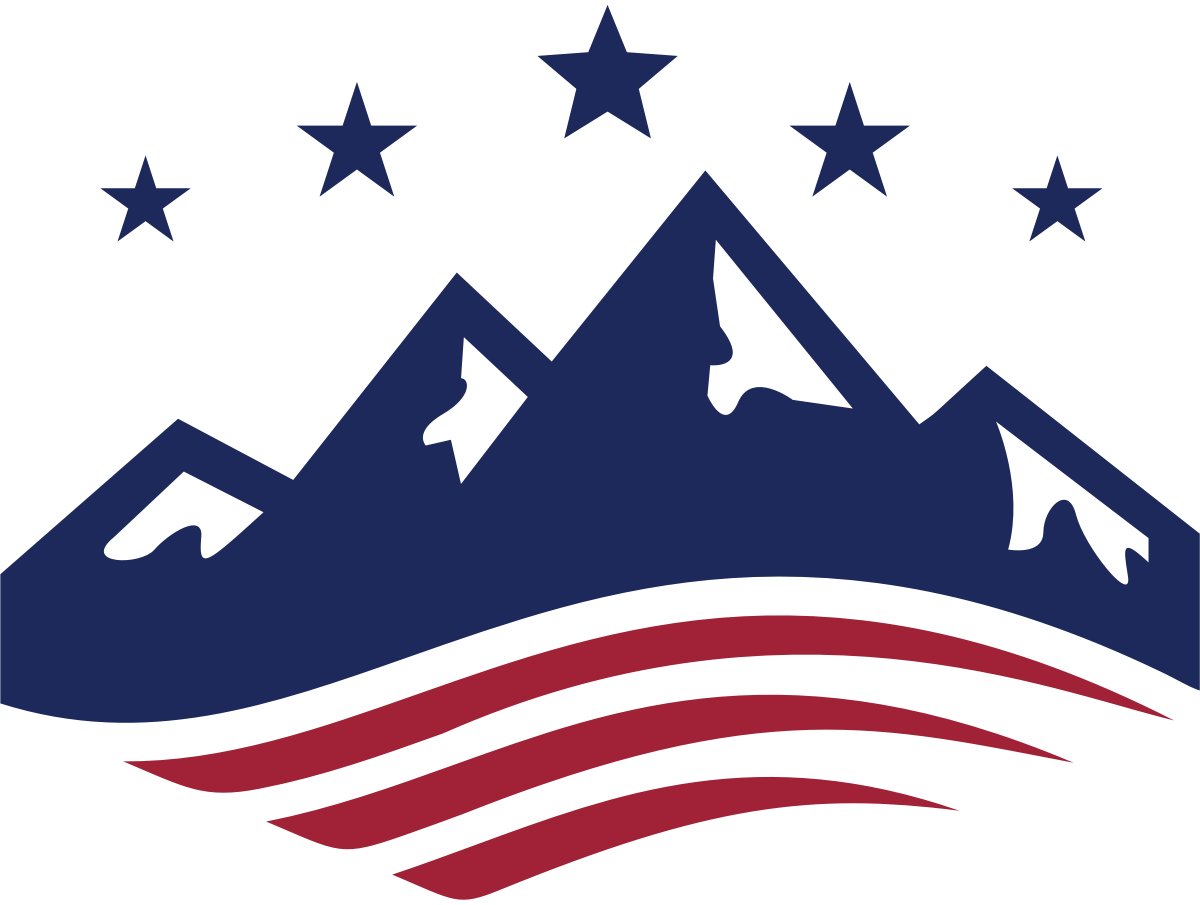
Written by Christine Cooke Fairbanks
February 21, 2024

Curriculum transparency has gained momentum in the U.S. the past few years. The COVID-19 pandemic is partly the reason for the piqued interest – similar to the increased focus on education choice. As kids brought school home using remote learning, parent awareness and scrutiny increased. Today, parents on both sides of the aisle are concerned about bias in schools.
The result: an uptick in states looking to adopt or expand curriculum transparency.
Legislative policies
While many states continue to propose curriculum transparency legislation, 16 states have enacted a state law on curriculum transparency through their state legislature: Alaska, Arizona, California, Colorado, Connecticut, Florida, Idaho, Illinois, Louisiana, Michigan, Minnesota, Pennsylvania, Tennessee, Texas, Utah and West Virginia. The nature, scope and strength of the policies vary widely. Surveying these policies can aid legislators in knowing what gaps and opportunities exist.
For example, it is common for these policies to require that a parent has a right to review curriculum, which requires time and sometimes fees. It is less common to offer the information online, where parents can access it any time or place for free.
Of those states that have a legislative policy, 14 have a right to review policy. Only five have a requirement that some form of the curriculum be online: Arizona, Colorado, Tennessee, Utah and West Virginia. Some of these legislative approaches are focused on specific curriculum areas: Arizona’s policy deals with sex education curricula; Colorado’s centers on reading curriculum.
In Utah’s case, only if an LEA (district or charter school) decides to have approved curriculum do they need to post the materials online so it can be seen before the approval process begins.
In short: There’s plenty of room to improve online accessibility.
Furthermore, all policies are geared toward parents having the right to understand curriculum. Considering a parent’s key role in education, this makes sense. However, three states have policies that would allow the public generally to see the curriculum. Creating broader public access could possibly benefit teachers looking for instructional ideas or collaboration.
Among all states, only West Virginia requires that the online posted curriculum be updated throughout the year as it changes. For this reason, West Virginia might have the most robust curriculum transparency policy in the nation.
Non-legislative policies
Even if their legislatures haven’t acted, some states are still pursuing curriculum transparency through other means. Two states have alternative types of statewide policy.
Arkansas Gov. Sarah Huckabee Sanders signed an executive order that, among many outcomes, pushed a review of curriculum transparency in the state and found that there was limited access to information and the selection process. The Missouri attorney general is driving an initiative on curriculum transparency, calling for parents to send examples of things gone wrong in the classroom. Additionally, many districts and charter schools voluntarily put information about curriculum or instructional materials online.
When a state’s legislature won’t lead, other policymakers can act to make public education curriculum more transparent and build the parent-teacher relationship.
The opportunity going forward
Much is yet to be done to make public education curriculum more transparent, and Utah can be a leader. There is room to increase accessibility online, keep information updated and relevant for parents, and make it attractive for teachers to do the work transparency requires.
Megan Myres McMillan contributed to the research for this post.

Insights: analysis, research, and informed commentary from Sutherland experts. For elected officials and public policy professionals.

- 16 states have a statewide curriculum transparency law, but most do not.
- Most transparency policies create a right for a parent to review curriculum; very few require posting it online for easy access by parents or the general public.
- Utah has the opportunity to lead the way toward curriculum transparency that benefits both teachers and parents.
Read More
Looking at Supreme Court and religious freedom through the lens of the presidential campaign
Two constitutional issues highlight similarities and differences between the Biden and Trump administrations.
Education policy to consider during the 2024 election season
Here’s a look at what each presidential candidate is likely to focus on in education, given their track records and campaign platforms.
Ignoring the text of the Constitution is a mistake
A written Constitution is entirely superfluous if the document is simply meant to give the people what they want.


